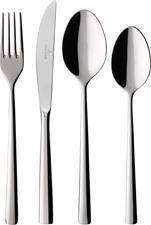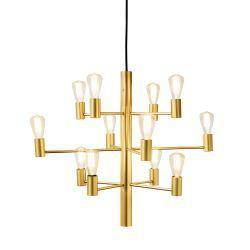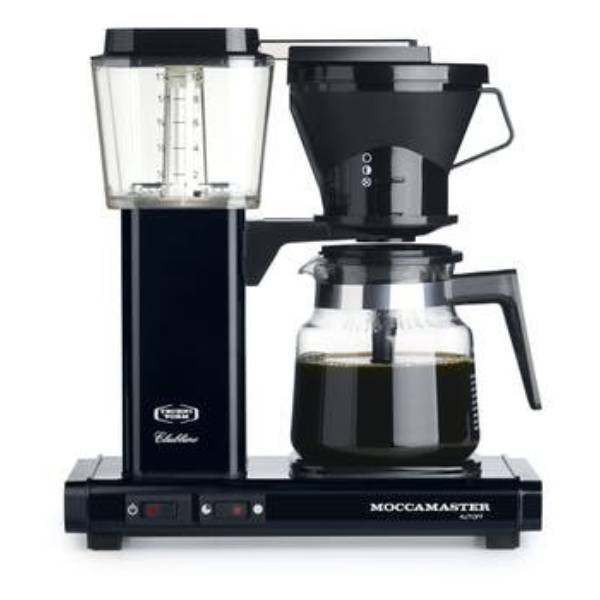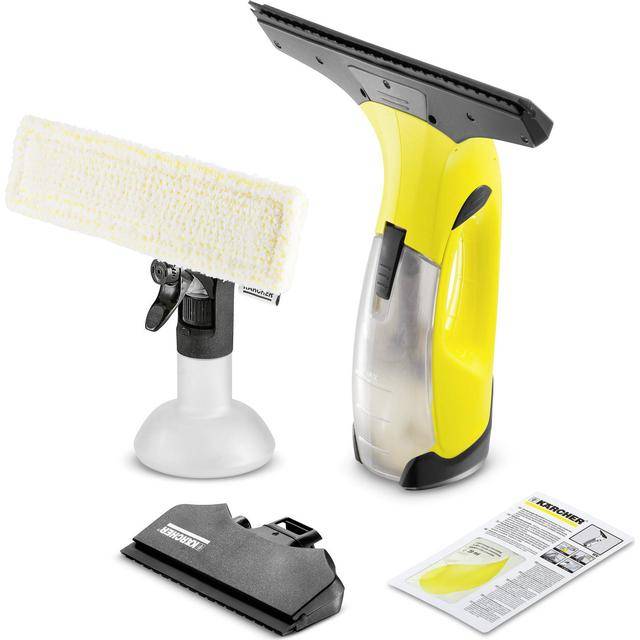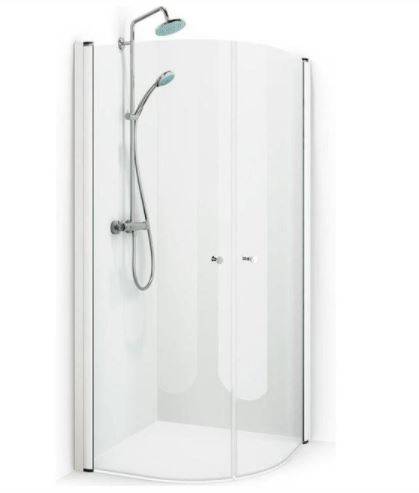Blenders
Blowtorches
Breadmakers
Coffee Grinders
Coffee Makers
Deep fryers & Airfryers
Food Cookers
Food Dehydrators
Food Mixers & Food Processors
Hand Blenders
Hand Mixers
Ice Cream Makers
Ice Makers
Juicers
Kettles
Kitchen Scales
Meat Slicers
Mincers
Mini Choppers & Spiralisers
Other Kitchen Appliances
Pasta Makers
Popcorn Makers
Sandwich Toasters
Soft Drink Makers
Toasters
Vacuum Sealers
Waffle Makers
DeepCool Computer Cooling
Try flexible payments withLearn how
100+ products

DeepCool AG620 BK ARGB V2 Chipset Motherboard Air Cooler
CPU Air Cooler

DeepCool LM360 Processor Liquid Cooling Kit 12 cm
CPU Water Cooler
Computer Cooling: 3 things to consider before buying
Before purchasing computer cooling, it's essential to assess your specific needs. Consider the type of tasks you perform and the hardware specifications of your system. For instance, if you're a gamer or use resource-intensive applications, you might require more robust cooling solutions such as liquid coolers. On the other hand, for general usage or office work, air cooling might suffice. Evaluate your system's thermal output and choose a cooling solution that matches your performance requirements.
Compatibility is crucial when selecting computer cooling. Ensure the cooler fits within your PC case and is compatible with your CPU socket type. Check the dimensions of the cooler and compare them against your case's available space. For example, large air coolers may require cases with ample clearance, while compact cases might benefit from low-profile coolers or all-in-one liquid coolers. Measure twice, buy once to avoid installation headaches.
Noise can be a significant factor in choosing computer cooling. High-performance coolers often generate more noise due to faster fan speeds. If you prefer a quieter environment, consider coolers that offer silent operation features or have large fans that move more air at lower RPMs. Additionally, some liquid coolers come with software controls that allow you to customise fan speeds based on your workload. Balance performance and peace by selecting a cooler that meets both your thermal management and acoustic preferences.
FAQ
Computer cooling is a system that removes excess heat from computer components. Effective cooling ensures optimal performance and longevity of your computer by preventing overheating. Consider factors like noise level, size, and cooling efficiency when choosing a cooling solution.
Computer cooling is essential to prevent overheating, which can cause hardware damage and reduce performance. Efficient cooling maintains stable temperatures, ensuring your computer runs smoothly during intensive tasks. Look for solutions that match your usage intensity and case compatibility.
Computer cooling systems are mainly air or liquid-based. Air coolers use fans and heatsinks, while liquid coolers circulate coolant through tubes. Air coolers are easier to install and maintain, whereas liquid coolers offer better thermal performance for high-end systems.
Choosing computer cooling involves considering your computer's size, noise tolerance, and thermal requirements. For gaming or heavy workloads, high-performance liquid coolers might be ideal. For quieter operation, opt for efficient air coolers. Always check compatibility with your CPU socket and case dimensions.
Upgrading computer cooling enhances system stability and extends component lifespan by efficiently managing heat output. Improved cooling allows for better overclocking potential and quieter operation. Evaluate your current setup's limitations to determine if an upgrade could enhance performance or reduce noise levels.
You’ve viewed 48 out of 139 products
Advertisement
Popular searches in Computer Cooling
- Reverse fans
- Nzxt kraken 360
- Arctic freezer iii
- Tryx panorama 360mm
- Thermalright peerless assassin 120
- Rtx 3060 laptop
- Hydro x
- Heat tube
- Bk 14
- 4090 gaming pc
- Thermalright peerless assassin
- Lian li reverse uni
- Aio water cooler
- Thermalright peerless assassin 120 se
- Arctic iii 360
- Nzxt kraken elite
- Mf100t
- Thermalright 360
- Asus zephyrus g15 2022
- Aio 360mm
- CPU Air Coolers
- CPU Water Coolers
- Thermal Paste
- Fans
- Laptop Coolers
- Thermalright CPU Air Coolers
- NZXT Fans
- Arctic Computer Cooling
- CPU Water Coolers on sale
- Be Quiet! CPU Air Coolers
- Controllers
- AM4 - PWM Fan Control CPU Air Coolers
- HDD Coolers
- LED Lighting CPU Air Coolers
- AM5 CPU Water Coolers
- AM5 - LED Lighting - PWM Fan Control CPU Air Coolers
- ASUS Computer Cooling
- ASUS CPU Water Coolers
- Arctic Fans
- Montech Computer Cooling

